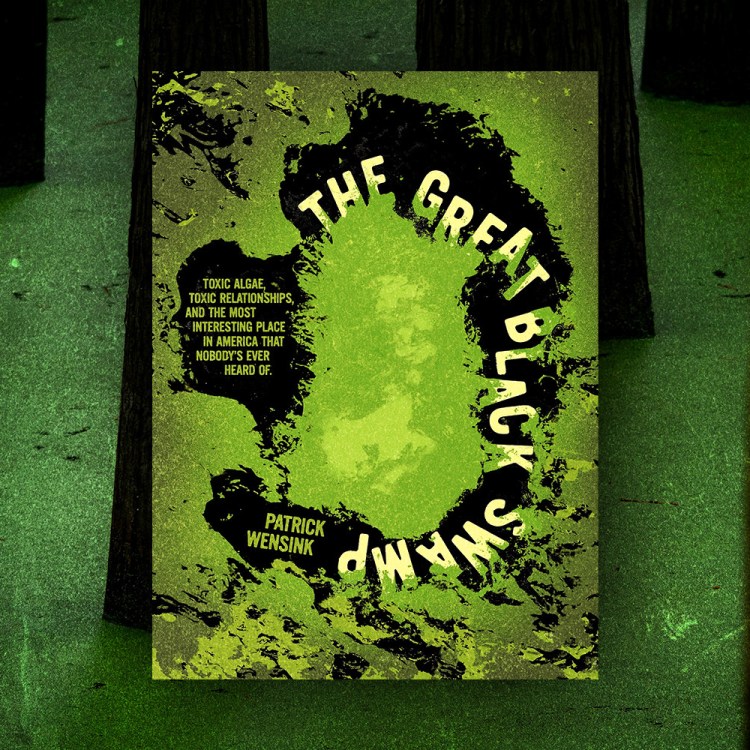When two young people in the U.K. were asked by a journalist to give their opinion on camera about the far-right Brit Tommy Robinson, they each immediately replied: “c-nt,” prompting the reporter to question if the once-harsh word was losing its edge.
As The Guardian‘s Stan Carey sees it, swearing is “powerful language,” and “one person’s everyday expletive is another’s strict taboo.” And, as curse words have evolved over time, so too has each new wave’s origins — like sex (f-ck) or human excrement (sh-t). But c-nt is a bit different.
“In the premier league of profanity,” English lexicographer and etymologist Susie Dent once said, c-nt has been dominating the table for over two centuries,” but not always in a profane manner. It was once common enough to appear in street name signs and even medical texts.
Attitudes towards the word began to change some time after the 14th century, and was “avoided in written and polite English,” slang expert Eric Partridge said — although Shakespeare still snuck it in. The word was “prudishly” omitted from the Oxford English Dictionary in the 1800s but the word mounted a comeback in 1972 when it was reinstated and then cemented its status as OK-enough in 2014 when it earned spinoff status with c-nted, c-nting, c-ntish and c-nty.
But it’s becoming less offensive in American culture now, too. “Feminist efforts to reclaim it gained momentum through Eve Ensler’s Vagina Monologues,” The Guardian notes, and it’s repeated use on Game of Thrones over the years chipped away on the word’s taboo as well.
Editor’s Note: RealClearLife, a news and lifestyle publisher, is now a part of InsideHook. Together, we’ll be covering current events, pop culture, sports, travel, health and the world.
Thanks for reading InsideHook. Sign up for our daily newsletter and be in the know.


















